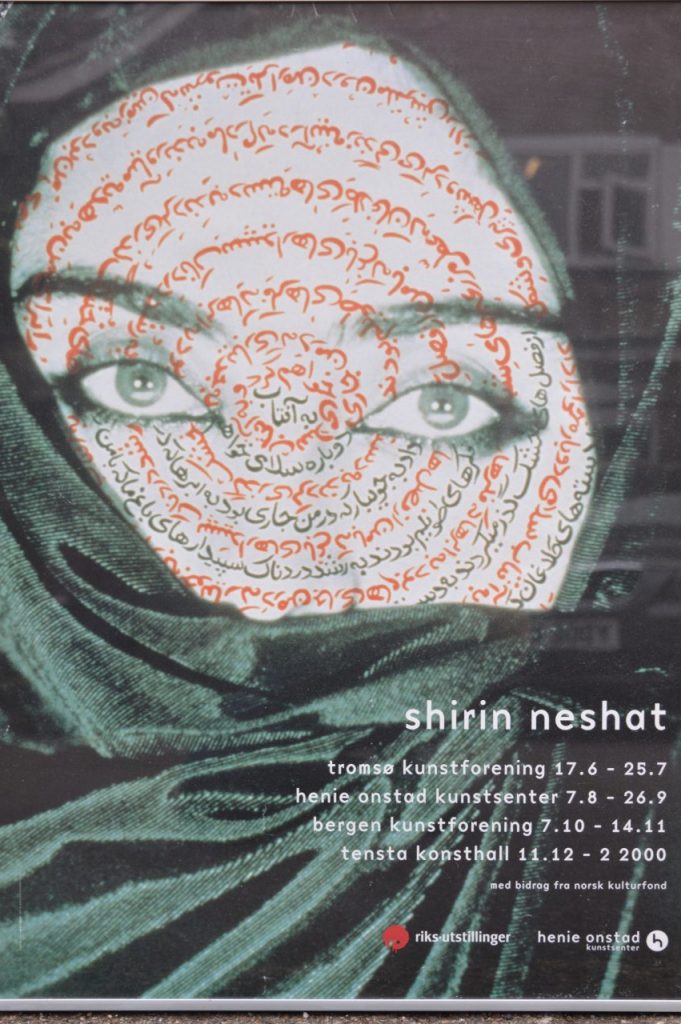“David, there’s a Swedish patient in the side room – You’ll look after her!”
I’d just come on my late shift and my colleagues greeted me thus. They were almost excited on my behalf, bless them. Swedes in the hospital is a very are occasion. Apparently, London has sixty-thousands of them, but I never see any. Not in the NHS, I don’t. I might hear them on the streets, but never do I meet them as doctors, nurses or patients in our National Health Service.
Happy to see a fellow Swede, I went into her room and said:
“Hej, hur mår du?” (Hi, how are you?)
During my fourteen years here, I’ve met one Swedish doctor (tired he was, in a recovery room just beside intensive care, somewhere in east London), one Swedish nurse (a quiet cookie, originating from Ingvar Kamprad’s county) and a handful of patients. Maybe the Swedes in the capital are in no need for health care, being all Scandi-fit? Or maybe they go private, like the French?[1] Or maybe they go home where the waiting times to see the GP can be longer, but infection and mortality rates usually are lower.[2]
“Jag mår bra” (I’m fine.) answered the Swedish patient as she tucked in some of her black hair under her head scarf while adjusting the blanket to make sure it covered her legs. Her Swedish was a fragmented one where you could hear both a guttural Arabic and a hillbilly accent from in-land small towns on the Swedish prairie.
It transpired that the same year she arrived to the safety of the Nordics from Somalia as a nine-year-old girl, I left for England. Then, in 2005, the country harboured 16000 Somalians. Since, 52000 fellow countrymen[3] have decided to follow her footsteps, together with a million and a half other immigrants.[4] Adjusted for population, it’s like the UK receiving a cool ten million.[5]
“So, how do you like it here?” I asked the pretty young woman.
“Don’t like it,” she sniffed.
“So, how do you like it here?” I asked the pretty young woman.
“Don’t like it,” she sniffed.
“Why is that?” I wondered, surprised.
“Det är rörigt och ingen ording!” (It’s messy and there’s no order.)
She did through this reply, betray herself as a proper Swede. For a person moulded in the conformist and organised mull that is Swedish society, Britain does indeed often come across as messy and full of all last-minute-make-do solutions.
“You don’t find it easier living here in London?” I asked naively, thinking of how it’s inhabited by every colour under the sun while its live and let live attitude creates the characteristic urban no-nonsense tolerance, making it an ideal place for immigrants and eccentrics alike.
She didn’t and when I insisted, she said; “It’s easier over there and I never encountered racism in Sweden once.” The sole reason she was here was her partner, she’d been missing Sweden every day since she came to London a year ago and she just wanted to go home. End of. I shut up and duly started getting the paperwork ready for her discharge.
Later, on my break, when I brought the subject up for discussion in the staff room, my colleagues gently rolled their eyes when they thought I didn’t see and started patiently explaining: “David, she came to Sweden as a nine-year-old girl. It’s her home; she’s missing it! What’s so strange?”
A week later, I met Swede number two. This one was from Iraq.
A week later, I met Swede number two. This one was from Iraq. Me and the youngest were kicking ball in the park. Soon, we got involved with another couple of kids and their dad, who seemed to speak three words of English; “good”, “bad” and “thank you.”
My Arabic consists of five words, of which at least one refers to your mother’s questionable profession, and our conversation had started going in circles. In between running after the ball, I found out that he’d used to live in Sweden and, relieved, I switched language. Unfortunately, his Swedish was only marginally better than his English.
The Iraqi dad told me he’d been living in Tensta for 18 years. Tensta is a suburb of the kind you’ll find around the big cities in Sweden and France, but not in the UK. All grey high rises and no hope; abandoned by the natives and inhabited by refugees (the lion’s share of Sweden’s immigrants), these satellites of disillusion are there, just outside the beauty of the inner city archipelago, as sores for the eye and the soul to remind everyone who tries to forget, that something has gone terribly wrong. Unemployment are on stupid levels and with regular intervals, often in August just before school starts, the sky darkens by choking smoke as cars are set alight by the young’uns, who do their outmost trying to replicate Gaza city as they throw stones, not on soldiers, but on fire crews and paramedics.
Then they go to view the art and feel good with their tolerant and broadminded selves.
There’s a prominent art gallery, Tensta konsthall, there, to which culturally minded Swedish people from elsewhere, maybe the hip parts of the town or a garden city-suburb somewhere, sit on the tube for forty minutes in the wrong direction to reach. Then they go to view the art and feel good with their tolerant and broadminded selves.
Let’s put an art gallery in the middle of this concrete concentration of haunted pasts and failed dreams, and the i-n-t-e-g-r-a-t-i-o-n will spread like a holy ghost from the merciful Social democratic sky!
It didn’t work.
I know because I was there. I was one of all those Swedes, white and from a completely different part of town, that took the tube out there, watched the art, bought a poster and went home again – leaving the unemployed immigrants to their fate.

A fate of a rental flat overlooking a patch of wood, the council’s office and the job seekers centre and where the kids go to the local school where 98% have a foreign background and millions are spent on “home languages” where the pupils study their mother tongue, so that they can talk properly with their parents who will sit idle by the IKEA kitchen table when the kids come home from school as they have no jobs.[6]
The ball kicking Arabic man in the park, however, did have a job in Sweden. He was an engineer and worked for an energy company. So why did he leave the country that had granted him asylum and where he’d worked and lived for almost two decades?
“It started being unsafe”, he explained, looking at me with his brown eyes. “There were lots of thefts, they burned my car and there were shootings and killings. It was just too much. “It was the Kurds, the Somalis, the Turks… “he continued, mentioning different immigrant groups while I managed to not slip in a cheeky “so no Iraqi’s then?” and let him finish uninterrupted: “Just the other week; another 25-year old was shot to death. It got too dangerous for my family.”
So is Finchley better than Stockholm’s suburbs?
“Much better!” He looked approvingly around the little north London park with its lawn, trees and pond. And then he said something very un-Swedish, something that I never heard anyone say when I lived there:
But I love Sweden- it’s my country!

and the i-n-t-e-g-r-a-t-i-o-n will spread like a holy ghost from the merciful Social democratic sky!
[1] I have no idea whether the French in London go private, but a rare French patient told me so and it’s a fact that you hardly ever meet French people in the NHS, despite there being hundreds of thousands of them in London. https://www.bbc.co.uk/news/magazine-26823489
[2] https://www.nuffieldtrust.org.uk/resource/cancer-survival-rates
[3]The Somali population in Sweden 2018 was 68000. http://www.statistikdatabasen.scb.se
[4]http://www.statistikdatabasen.scb.se/
[5] The UK does of course also receive hundreds of thousands of immigrants every year. Its immigration is mainly work and study related. The London coffee shops have Portuguese baristas; the hospitals are full of Indian anaesthetists, Pakistani surgeons, Spanish nurses and Jamaican porters; the London building sites rely on the Polish builders almost as much as the orchards in Kent do on their Rumanian and Bulgarian apple pickers. https://www.ons.gov.uk
[6] The difference in employment rate between natives and the foreign-born is higher in Sweden than anywhere else in Europe with the exception for Holland. https://www.telegraph.co.uk



Very interesting, you manage to find people with unusual backgrounds which makes for interesting reading…enjoyed it yet again!
Enjoyed the story, an interesting slant on immigrants…l